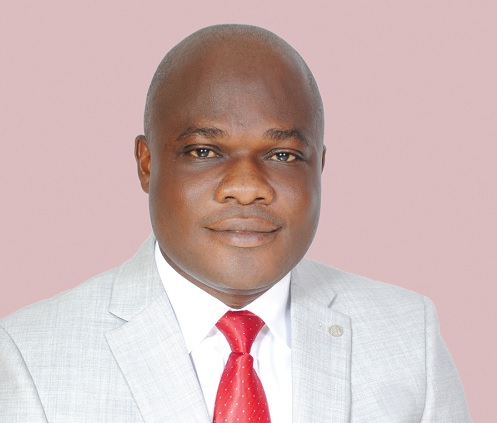The Minister of Local Government, Chieftaincy and Religious Affairs, Ahmed Ibrahim, has inaugurated the ministry’s advisory board with a call on members to provide strategic guidance to strengthen decentralisation, promote religious harmony and preserve the country’s traditional institutions.
The inauguration, held yesterday in Accra, brought together representatives from key state institutions and faith-based organisations.
Board
The nine-member board, chaired by the minister, includes his deputy, Rita Naa Odoley Sowah, and the Chief Director, Amin Abdul-Rahaman.
Other members are Dr Audrey Smock-Amoah from the National Development Planning Commission (NDPC), Professor Lord Mensah from the Office of the Head of Local Government Service and Dr George Yaw Amoh of the National Peace Council (NPC).
Also serving are Owura Sarfo of the Church of Pentecost, Reverend Dzifa Ami Gakpleazi of the Royalhouse Chapel International and Sheikh Abdul Rashid Odoi, representing the Office of the National Chief Imam.
In line with the Civil Service Act, 1993 (PNDC Law 327), the advisory board is to provide policy direction, foster collaboration among stakeholders and support the ministry to deliver on its mandate of strengthening local governance, sanitation management, urban and rural development, as well as matters relating to chieftaincy and religious affairs.
Not just statutory
Mr Ibrahim, also the Member of Parliament (MP) for Banda in the Bono Region, underscored the board’s role as more than a statutory requirement, describing it as “a platform for dialogue, collaboration and shared responsibility.”
He emphasised that the diverse representation of the board—spanning government agencies, traditional authorities and religious groups—was deliberate and necessary to ensure inclusivity and balance in decision-making.
“The board is not a mere formality. It is established to provide strategic advice, strengthen policy direction and ensure participatory decision-making that reflects the aspirations of the Ghanaian people at all levels,” Mr Ibrahim stated.
He expressed confidence that members would provide frank, objective and forward-looking counsel to support decentralisation and local governance reforms.
Support government
Mr Ibrahim further stated that the board’s work would feed into the NDC government’s flagship initiatives, such as the 24-Hour Economy, the Big Push infrastructure plan and youth and women-focused development programmes.
He lauded the inclusion of religious leaders, saying their participation reflected the government’s recognition that national development was incomplete without faith, values and compassion.
He also highlighted the importance of the technical insights provided by the NDPC, the Local Government Service and the National Peace Council, stating that these institutions are essential for ensuring that decentralisation and development policies deliver tangible benefits to citizens.
The minister assured members of the government’s commitment to provide the resources and secretarial support necessary to discharge the board’s mandate effectively.
“Let us work together, guided by a shared vision of a Ghana where governance is local, development is inclusive, traditions are respected and faith communities are empowered,” he said.

